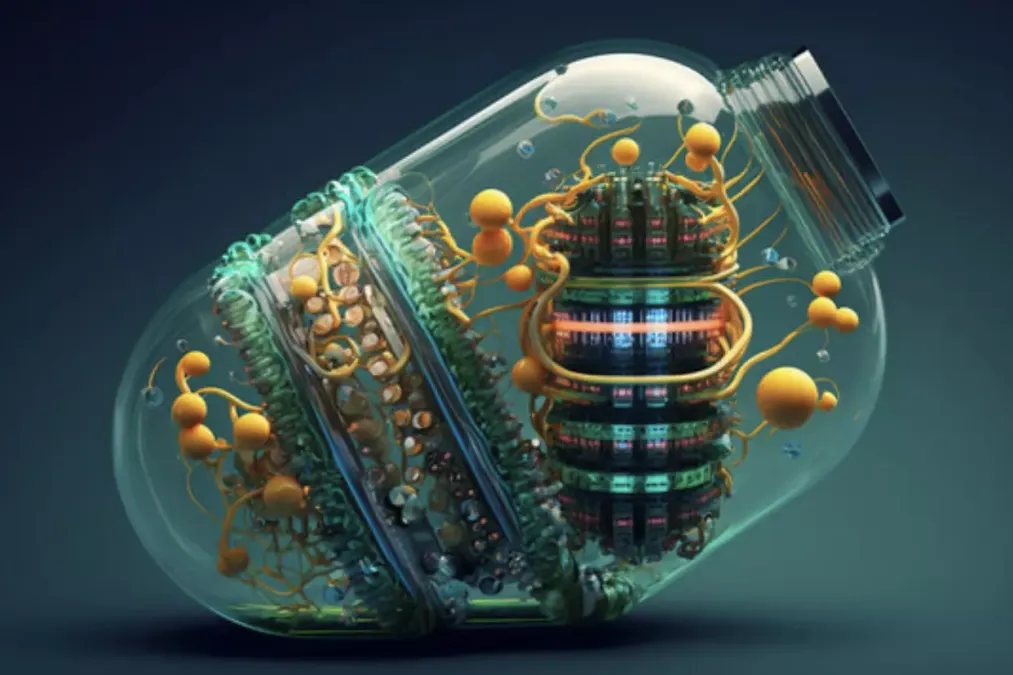Context:
Recently, The Union Cabinet, approved the BioE3 policy for Biotechnology for Economy, Environment, and Employment.
Key Highlights of the policy
- The Bio E3 policy aimed at fostering high-performance biomanufacturing.
- The policy is designed to supplement, rather than replace traditional supply methods with biotechnological solutions to meet the demands of a developed India by 2047.
- This policy aims to introduce more sophisticated recycling processes, smarter materials, and biomanufacturing techniques to reimagine the future and address challenges in food, climate, energy, chemicals, and health.
- This policy will further strengthen the Government’s initiatives such as a ‘Net Zero’ carbon economy & ‘Lifestyle for Environment’ and will steer India on the path of accelerated ‘Green Growth’ by promoting a ‘Circular Bioeconomy’.
The BioE3 Policy would broadly focus on the following strategic/thematic sectors:
- High-value bio-based chemicals
- Biopolymers & enzymes
- Smart proteins & functional foods
- Precision biotherapeutics
- Climate resilient agriculture
- Carbon capture & its utilization
- Marine and space research.
The policy outlines three implementation strategies:
- Discovery and integrated research networks
- Bridging existing gaps
- establishing bio-enabler hubs.
Significance of the policy
- It adopts new technologies to drive GDP growth, create new employment opportunities, and benefit the environment.
- It will accelerate technological development and commercialization by establishing biomanufacturing facilities, bio-AI hubs, and biofoundries.
- The policy envisions a future that is more sustainable, innovative, and responsive to global challenges like climate change, unsustainable material consumption, and waste generation.
Also Read:
Draft amendment order on regulatory framework for PM-WANI Scheme

